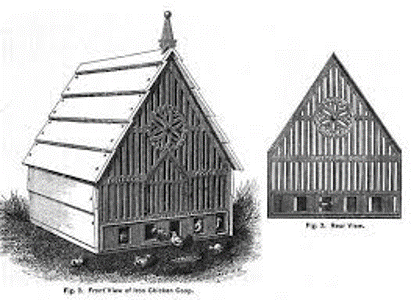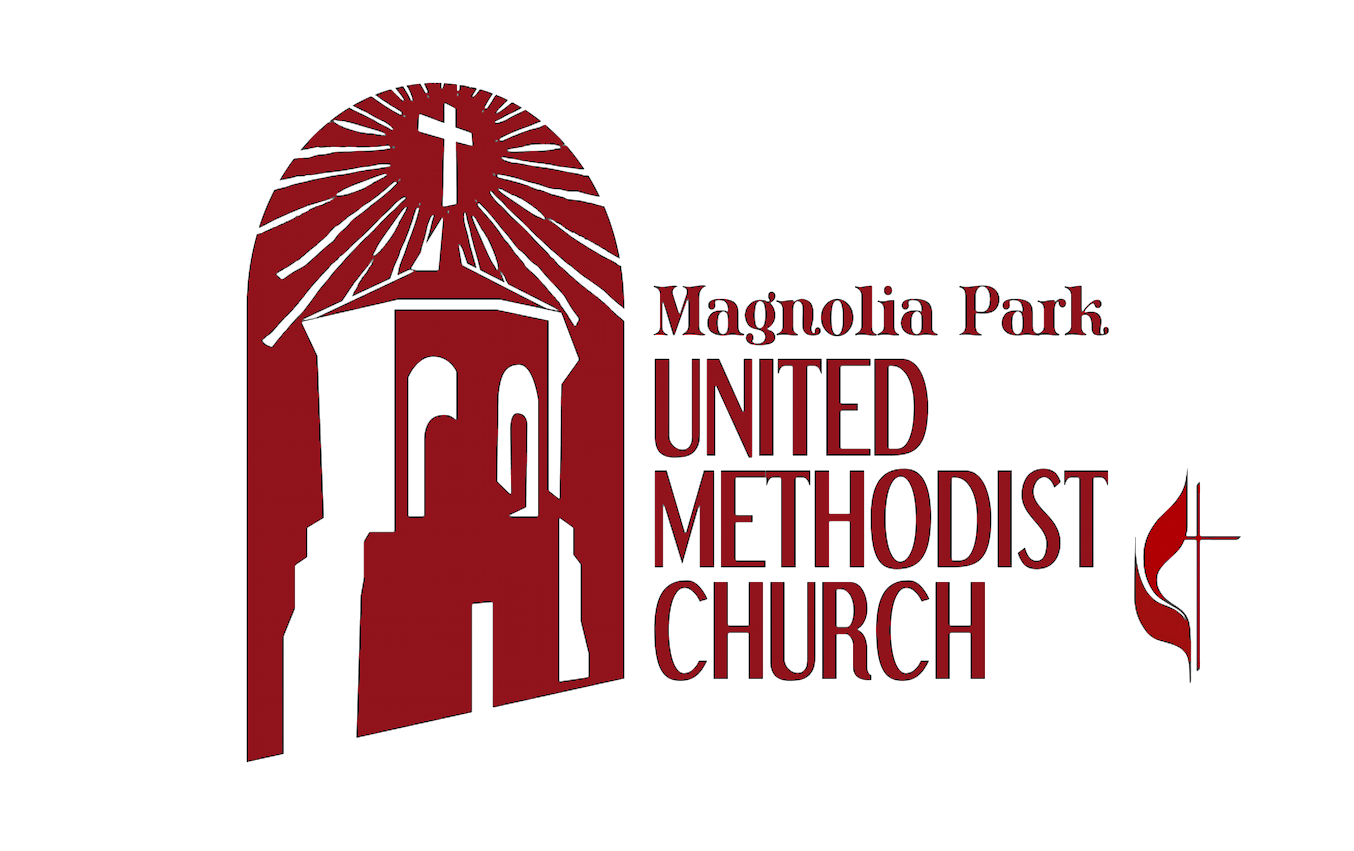

Repair or Rebuild?
Proving that you can take the boy out of the farm, but you can’t take the farm out of the boy, I have a chicken coop in my backyard. I built it about fifteen years ago and it is showing its age, primarily in the posts which have rotted beneath the ground, causing the coop to lean precariously in places. So, I had to make the decision about the coop: should I keep what little is still sound and shore up the posts that are rotted, or should I rebuild the entire thing? I chose to rebuild. It’s more work, but it’s an exciting prospect because rebuilding means I can incorporate elements into the new design that I wish I’d included the first time around. And, I know I can do a better job this time, using techniques that will put my new posts—and the whole structure—on a much firmer foundation.
Well, churches are not chicken coops, but the United Methodist Church has been mulling over a similar kind of choice for years: can a broken denomination be repaired, or should it be rebuilt? More specifically, can those Methodists who desire to hold to traditional understandings of scripture, tradition and doctrine remain in a church which they believe has become theologically compromised? Should they build a new thing on a stronger foundation? After decades of trying to make repairs, it appears that orthodox Methodists have made a choice. Rebuild.
The brokenness in our denomination has been most loudly heard and publicly seen in our forty-plus-year dispute over issues surrounding human sexuality, the definition of marriage, and standards for the ordination of pastors. But these disagreements have grown out of different understandings of the authority of Scripture, Gods’ design for marriage and family, and the purpose of the Church. These different understandings predate any current controversies and cannot be easily papered over. They are foundational, and they inform closely held convictions of people on both sides. So, while the discussions have been ongoing for decades, in the past few months leaders across the whole denomination have decided to allow the sides to part, blessing each other to do the work of God as each see fit. The framework for this agreement is called “A Protocol of Reconciliation & Grace Through Separation” and the name is apt. You can find out more and link to the actual protocol by accessing an article entitled “Pressing On: Our Journey to a New Future”. The article can be found at Wesleyan Covenant Association’s webpage under the “resources” tab. It can also be found on our webpage, here.
We will be hearing much more on this in the months ahead as we approach General Conference in May of 2020. In the meantime, please keep the UMC and our own church in your prayers. These are important and perilous times, but they are exciting times as well, times that offer opportunities that do not often come: the opportunity to stand and declare what kind of church we will be and how we will follow Christ, the opportunity to rebuild, incorporating elements we might wish we’d included the first time around; the opportunity to build a new Methodist Church on a firmer foundation.
Blessings! Pastor Chris
